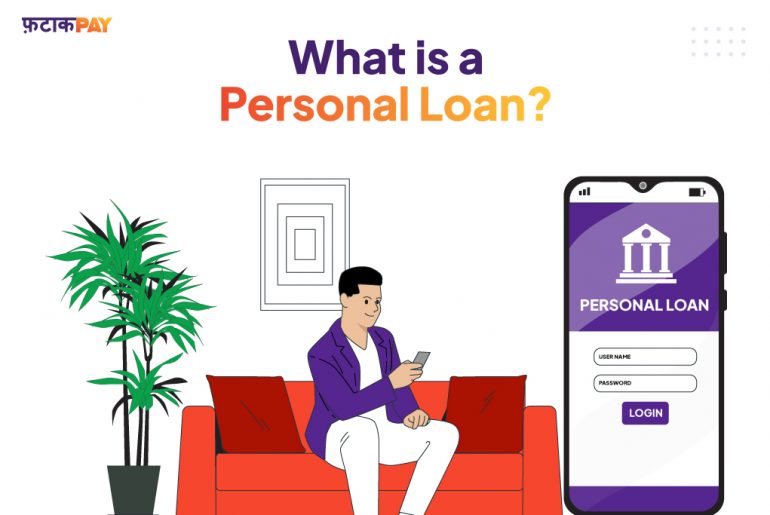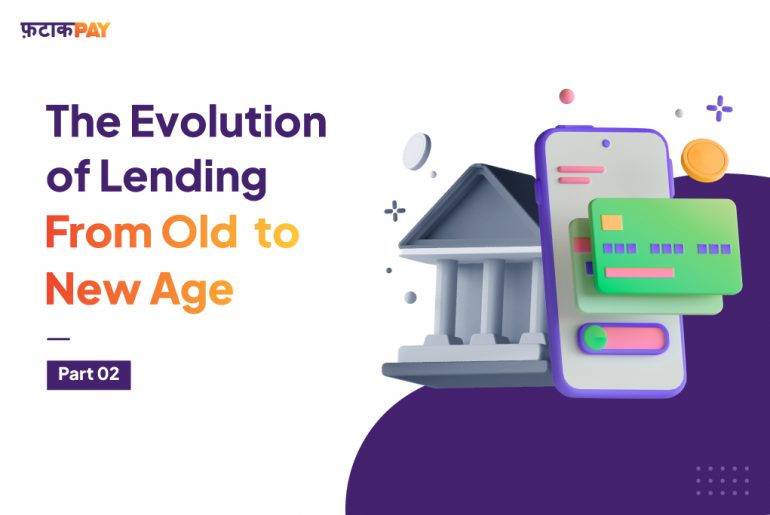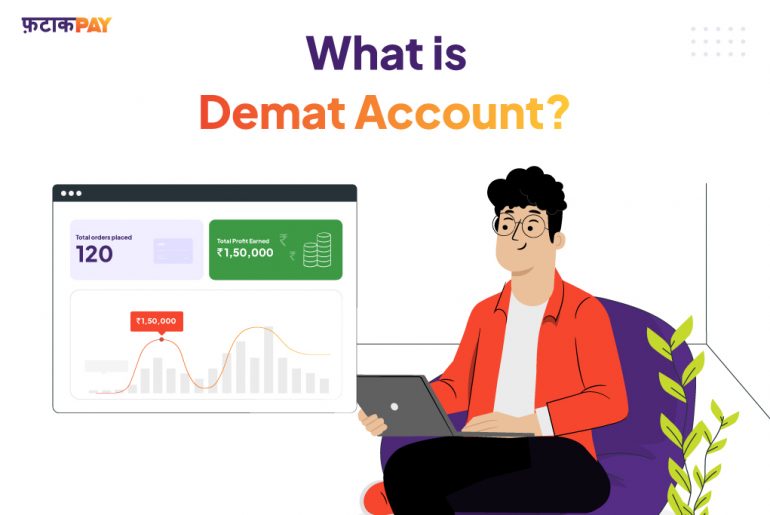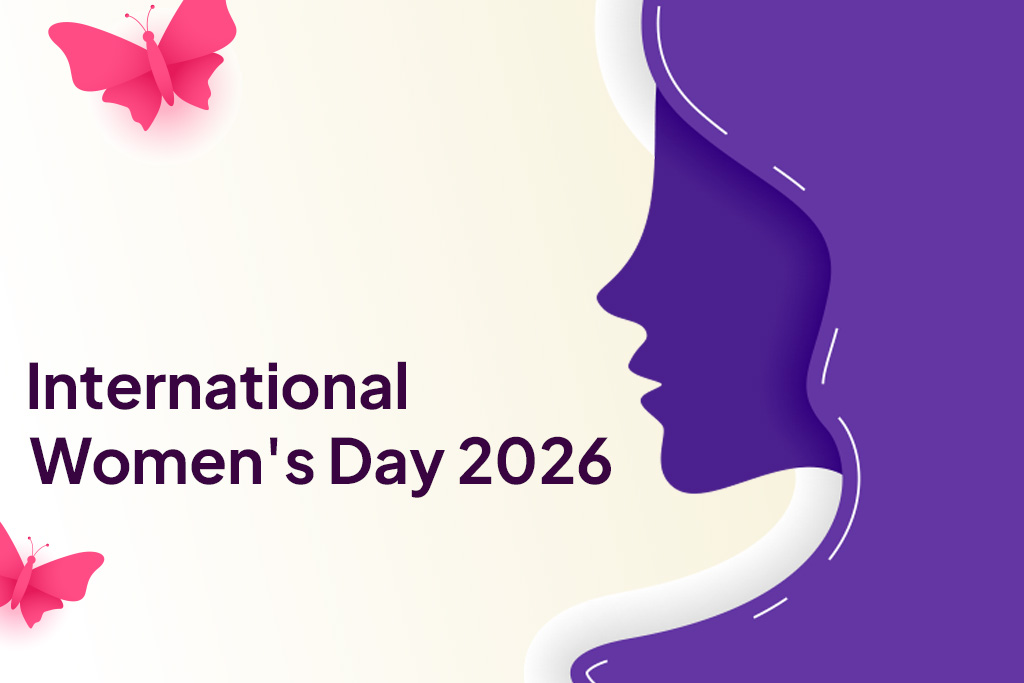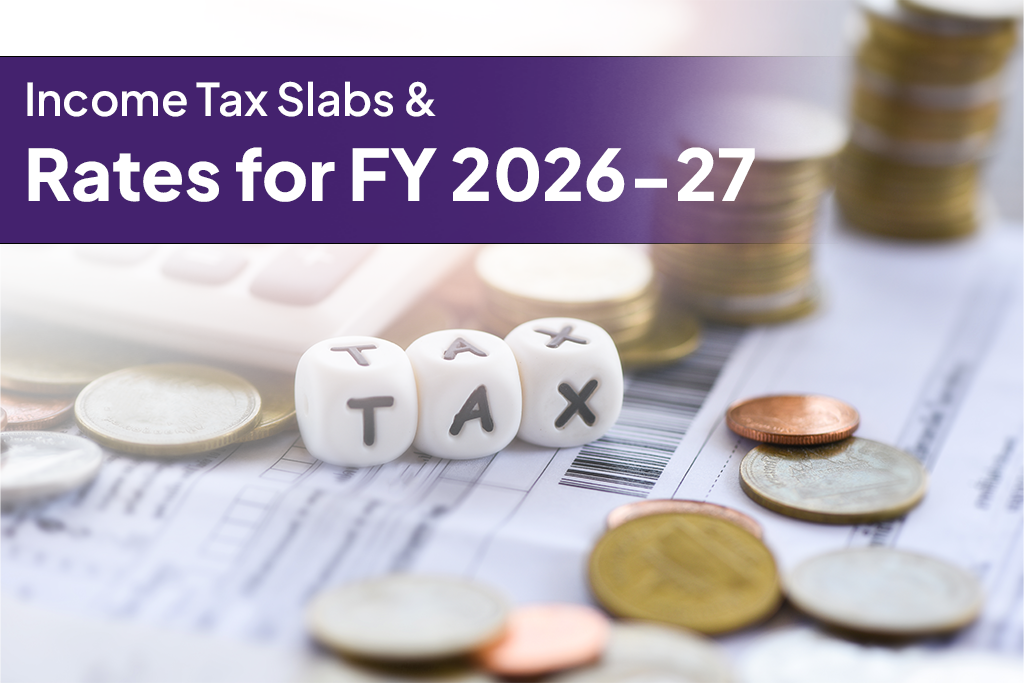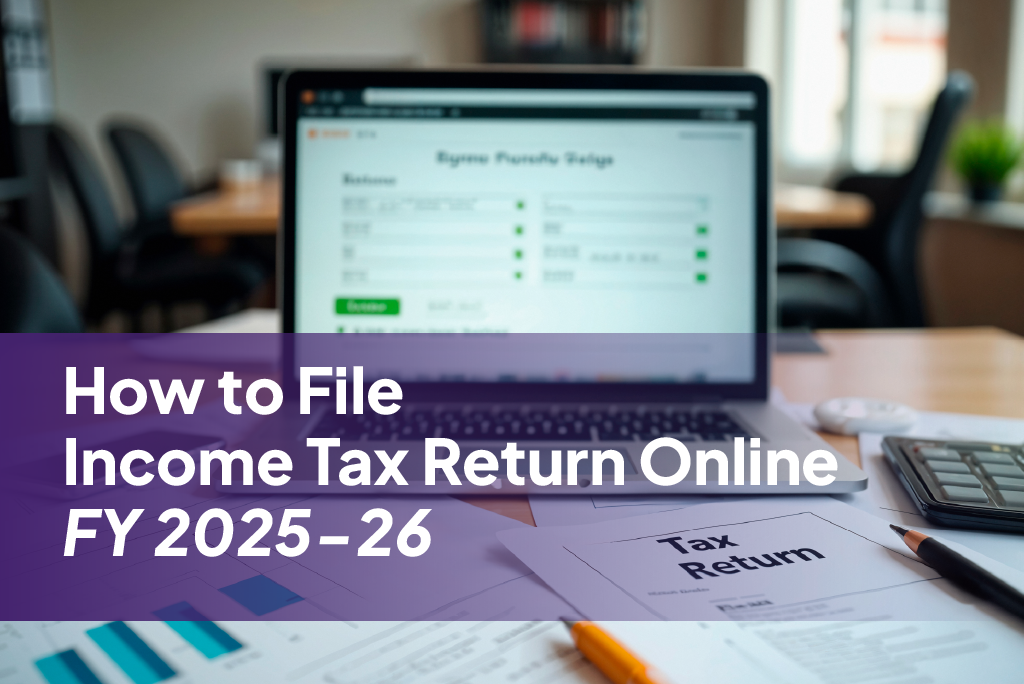When unexpected expenses arise or planned goals need quick funding, a personal loan often becomes the go-to financial solution. But before applying, it’s important to clearly understand what is a personal loan, how it works, and whether it suits your needs. This guide breaks down the personal loan meaning, features, benefits, and key considerations in simple terms.
What Is a Personal Loan?
A personal loan is a type of unsecured borrowing that allows individuals to access funds without providing any collateral. In simple words, the personal loan meaning refers to a loan taken for personal use, which is repaid in fixed monthly installments over a chosen period.
Unlike loans meant for specific purposes, personal loans offer flexibility in how the money can be used.
Key Features of Personal Loans
Some defining features of personal loans include:
- No collateral or security required
- Fixed interest rate in most cases
- Fixed monthly EMIs
- Flexible loan tenure
- Quick approval and disbursal (especially through digital platforms)
These features make personal loans accessible and predictable for borrowers.
How Do Personal Loans Work?
Once approved, the loan amount is credited directly to your bank account. You repay the loan through monthly EMIs that include both principal and interest. The EMI amount remains constant throughout the tenure, helping you plan your monthly budget better. Before applying, it’s wise to calculate your personal loan EMI to understand how the repayment will fit into your monthly income and expenses.
Interest rates, tenure, and fees depend on your credit profile and lender policies.
Common Uses of a Personal Loan
Personal loans are popular because they can be used for multiple purposes, such as:
- Medical emergencies
- Wedding or festive expenses
- Home renovation or repairs
- Education or skill development
- Travel and relocation
- Debt consolidation
This flexibility is one of the biggest benefits of personal loan products.
Types of Personal Loans
There are different types of personal loans based on usage and borrower profile:
- Unsecured personal loans:
These do not require collateral and are the most common form of personal loans. - Secured personal loans:
In rare cases, personal loans may be backed by security, resulting in lower interest rates.
Understanding what is an unsecured personal loan versus what is a secured personal loan helps you choose the right option.
Eligibility Criteria
While eligibility varies by lender, common criteria include:
- Minimum age requirement
- Stable source of income
- Acceptable credit score (Before submitting your application, it is advisable to check your credit score before applying to improve approval chances and negotiate better interest rates.)
- Indian residency
- Ability to repay EMIs
Meeting eligibility criteria improves approval chances and loan terms.
Interest Rates and Fees
Personal loan costs usually include:
- Interest rate (fixed or variable)
- Processing fees
- Late payment charges (if any)
- Prepayment or foreclosure charges
Always review the full cost before applying.
Benefits of Personal Loans
Some key benefits of personal loan options include:
- Quick access to funds
- No need to pledge assets
- Flexible end-use
- Predictable repayment structure
- Helps manage short-term financial gaps
When used responsibly, personal loans can support both urgent and planned expenses.
How to Choose the Right Personal Loan
Before applying, consider:
- Interest rate and total cost
- Repayment tenure and EMI affordability
- Transparency of fees
- Speed of approval and disbursal
- Customer support and reliability of the lender
Comparing multiple options ensures you choose a loan that fits your financial situation.
FAQs
1. Is a personal loan always unsecured?
Most personal loans are unsecured, though some lenders may offer secured variants.
2. Can personal loans be used for any purpose?
Yes, there are usually no restrictions on usage.
3. Does taking a personal loan affect credit score?
Timely repayment can improve your credit score, while missed EMIs can harm it.
4. How long does approval take?
Approval can range from minutes to a few days depending on the lender.
Conclusion
A personal loan is a flexible financial tool that can help you manage both planned and unexpected expenses with ease. By understanding what is a personal loan, its types, costs, and benefits, you can make informed borrowing decisions.
👉 Choose a personal loan wisely, borrow responsibly, and keep your financial goals on track.
| Personal Loans by City | ||||
|---|---|---|---|---|
| Personal Loan Bengaluru | Personal Loan Thane | Personal Loan Mumbai | Personal Loan Hyderabad | |
| Personal Loan Pune | Personal Loan Surat | Personal Loan Coimbatore | Personal Loan Delhi | |
| Personal Loans by Amount | ₹60,000 Personal Loan | ₹3 Lakh Personal Loan | ₹5 Lakh Personal Loan |
|---|
